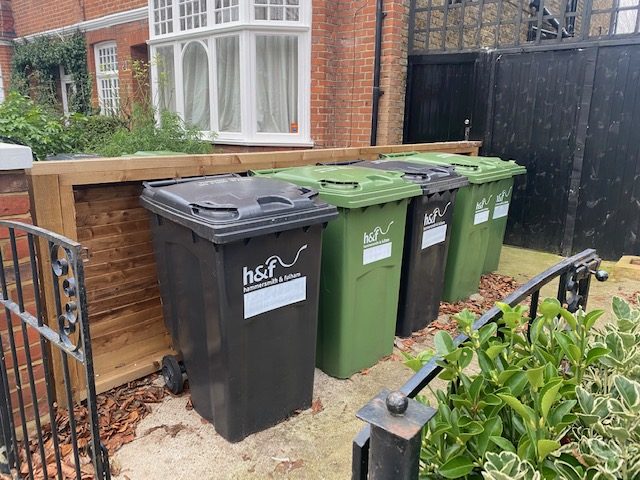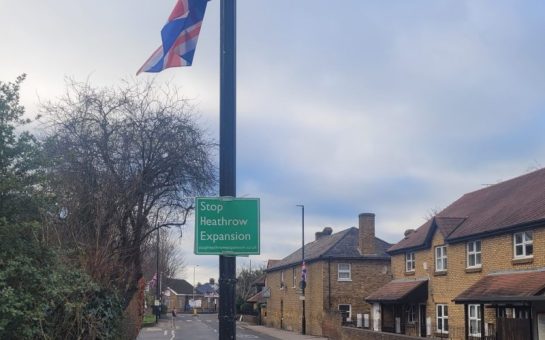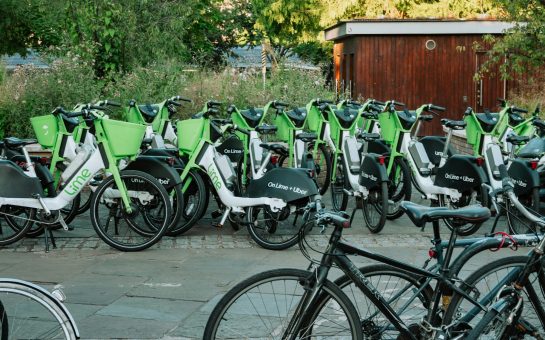The London Borough of Hammersmith & Fulham (LBHF) has introduced several plans to reduce waste and increase recycling rates, but not all have been evenly distributed.
The borough announced last month that it had collected 9,500 tonnes of recycled waste in 2022, saving taxpayers almost £1.2m on disposal fees.
This news came as a success for a council that has recently vowed to become “the best council” in terms of waste recycling and reduction.
LBHF had this vision in mind when, in 2017, it launched its four-year “Waste Action Strategy”, which aimed to reduce the amount of waste produced and increase the amount of waste recycled in the borough.
Figures released under Freedom of Information requests reveal that the percentage of household waste sent for reuse, recycling or composting increased by 2.56% between 2017 and 2022.
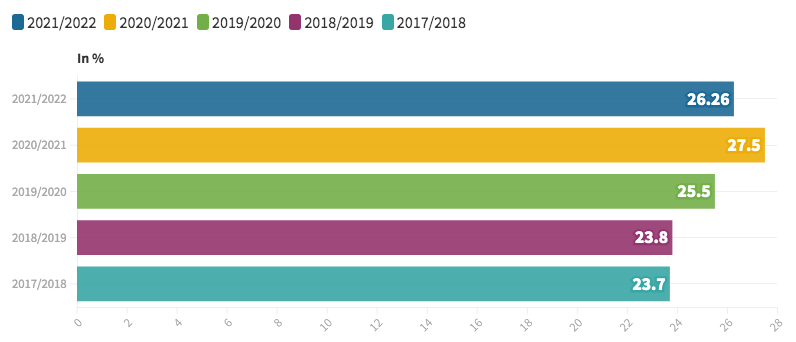
The council confirmed it had reached its targets, with an average of 60kg of waste reduced from 2017-2020, and it expects to continue to meet the target beyond 2021 with “ambitious plans” to introduce additional services to further increase recycling.
One of these plans was rolled out in 2021, presenting residents with a new waste triage service using four wheelie bins of different sizes and colours.
Residents using this service have been able to start composting food in allocated compost bins and stop using sacks for recycling waste.
Wheelie bins are also less accessible to foxes and pests, resulting in cleaner streets, and can be left on front porches at all times for the collection services.
But this prototype scheme has not yet been made available to every part of the borough.
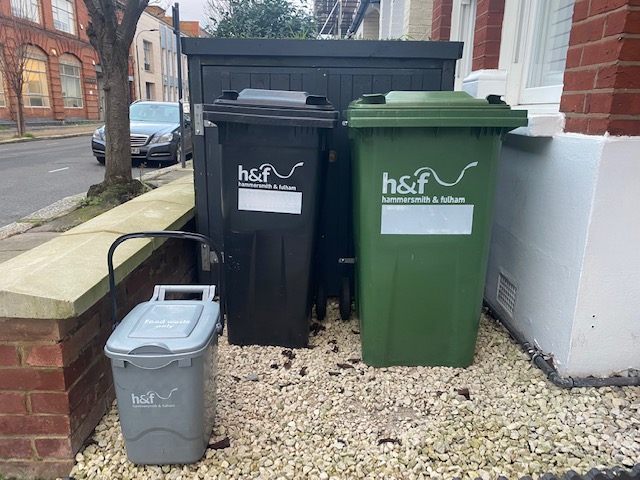
Not suitable for every area
Before the trial began, officers from the council’s waste and recycling team were sent to identify suitable areas, based on conditions like street space and step-free access.
Residents in areas deemed unsuitable have continued sorting their waste into two separate sacks that must be taken out before the rubbish collection, which is usually quite early in the morning, forcing some residents to take their sacks out the day before.
Charlie, a Becklow Road resident, contacted the borough’s recycling team in November 2021 to find out when the scheme would be extended to his area.
He was told his road was not in the prototype area and there were no plans to extend the service, mainly due to the then upcoming 2022 local election, as the Local Government Act 1986 discourages activities “that may affect public support for a political party”.
Nine months on from the election, the service has still not been rolled out in his area.
Charlie said: “I feel like this is something they could easily move to now, and this would encourage more recycling and reduce the number of collections from weekly to fortnightly.
“It would also reduce rubbish on the streets and the need to clean up after foxes.”
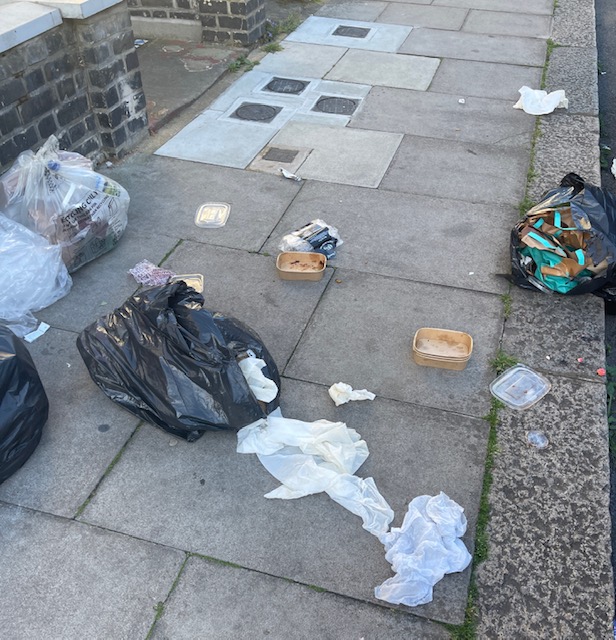
Peter, who lives near Uxbridge Road, started composting food waste himself.
He said: “We are lucky enough to have an allotment at Emlyn Gardens, so we compost all our vegetable and fruit peel, but streets and flats that do not have food recycling bins have to put them in the general rubbish.”
Different living patterns
Edith Road resident Ashuq* has seen this disparity worsen with recent changes in living patterns in the borough, after a relaxation of the licensing regime has made it possible for landlords to turn their properties into multi-family homes.
He said: “Many of the people who leave their rubbish outside two or three days in advance are temporary renters or visitors staying in multi-family homes.
“They do not have a sense of responsibility towards the community since they are only passing by, but foxes attack their rubbish.”
When approached for comment, a council spokesperson said the food waste collections would be extended and publicised in the affected areas in the future, without specifying a date.
The keenest recyclers have also noticed in the past few years that a recycling centre in Chiswick, close to the borough, has been removed and relocated.
The closest recycling centres run by a local waste authority can now be found in Battersea and Wandsworth, which can take an hour to reach by car due to traffic according to some residents.
For James, a resident of Goldhawk Road for the past 44 years, the old centres were already picky about the waste they accepted, hoping to avoid a large number of dumps, but moving them further away from the centre of the borough has deterred even more people from going.
He said: “With the cost of ULEZ – a daily charge on high-emissions cars in London – people do not have the ability to get to these rubbish centres, as it costs too much money and therefore there is no space for bigger waste, and it gets dumped in the street.”
Other ways to recycle
The council also offers doorstep collection services for bulky waste, which comes at a certain price depending on the category and number of items.
But some residents have turned to supermarkets offering recycling collection services in Hammersmith & Fulham to dispose of the waste that the borough does not recycle.
Among them is Godolphin Road resident Kate, who said: “Whenever I can, I take soft plastic and some food containers to supermarkets.
“I would like the borough to collect these or create a new facility for them, as they accumulate quickly.”
For Peter, this supermarket option provides great added value, but it is far too little known and out of reach for residents with limited mobility.
He said: “There are good recycling facilities at some shops and supermarkets, but they are poorly advertised.
“Unfortunately the elderly and those without cars are probably not able to get there to recycle any of these items, and sadly they probably get put in with the rubbish.”
In an alternative effort to reduce waste, LBHF offers tips on how to avoid waste to residents and drop-off points in four libraries for small electrical waste, batteries, light bulbs, textiles and laptops.
The council has also recently set out a “Climate and Ecology Strategy” that envisions net-zero greenhouse gas emissions by 2030 in the borough, which is currently, to quote the strategy organisers, “vulnerable to high heat, with little green space and flood risk zones”.
*This resident’s name was modified upon his request.
